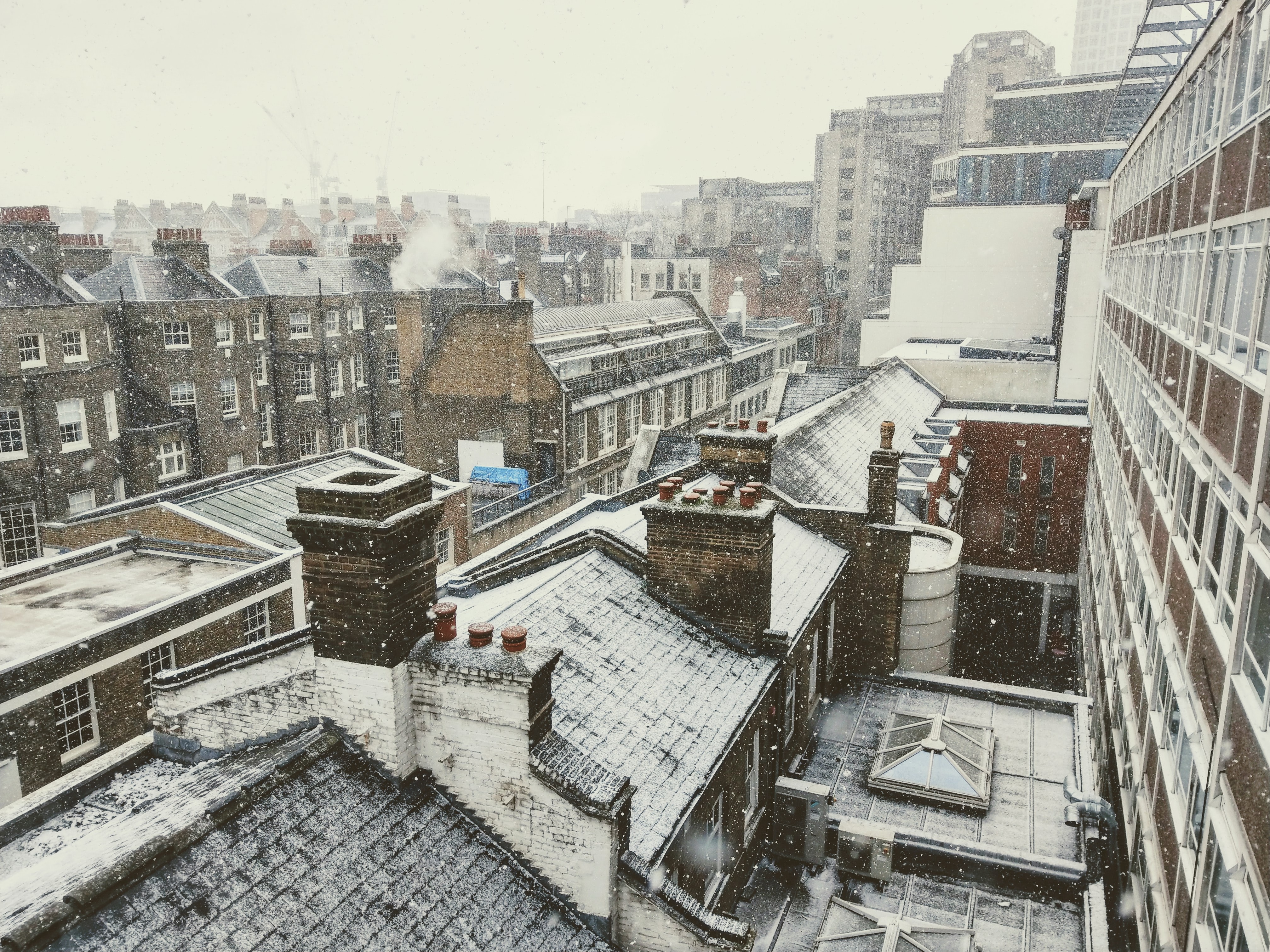Our 6 Steps for Successful Off-peak Events

Let’s face facts. Running a visitor attraction is hard work and stressful, whatever time of year it is. But especially hard is the off-peak season. So what can visitor attractions in the UK do to maintain visitor numbers during the quieter months?
Having once run a visitor attraction, I know how it feels during peak season when the visitors come flocking and everything’s running like clockwork. It’s a time of feast. And a time to briefly forget about the stresses and strains of the year’s leaner months, which are often a time of famine. A time when there are fewer international visitors, the days grow shorter, and we’re all at the mercy of the British weather, whatever the impact on your attraction.
A turn of events
So what can attractions do to minimise the negative impact of the off season? One tried and tested way is to make the most of any indoor or outdoor assets for events. Properly planned, organised and executed, the right events can not only keep your regulars turning up, but attract a whole new swathe of visitors. Visitors who previously may not have considered visiting your attraction.
How to prevent event lament
But before you go arranging a literary festival or Christmas Market, we’ve got six pieces of advice to share.
1. Find the right partner
The right event partner can mean the difference between a good event and a great event. Ideally, you need a partner that complements your attraction, one where you can piggyback off each other’s experience, audiences or facilities. For example, a science museum teaming up with a theatre company to host murder mystery evenings.
2. Keep it on brand
Make sure any event you’re thinking of holding ties back to your brand values and the ‘story’ of your attraction. For example, if you’re a family attraction by day, we’d suggest you avoid becoming a risqué adult-themed party venue by night.
3. Share the love
Thanks to social media, events provide lots of opportunities to build your brand and expand your audience. If it makes sense, use Facebook Live and keep on top of Twitter and Instagram during your event. As we’ve written about in more depth here, make the most of any user generated content (UGC) to help spread the word to a new audience. Get an official photographer to capture the event, too. You’ll be able to use their high-quality pics for any post-event comms and for future marketing or publicity.
4. Capture the data
Every event is a brilliant opportunity to capture all sorts of GDPR-compliant data – whether it’s registering for an event or using a post-event survey to gather information and feedback. Analysed intelligently and used insightfully, this data can prove a gold mine both for improving your event or for future comms. Don’t let it go to waste.
5. Market your event properly
It’s not unusual for even well-known and successful attractions to get this part wrong, especially if the event is for a different audience to the usual one. You need to understand what drives your audience, where they spend their time and how to communicate your offering with them effectively. Putting together an event is time consuming and expensive, so don’t waste the opportunity it provides by not investing in your marketing. Consider working with marketing experts who really understand visitor attractions and event marketing.
6. Plan for every eventuality
Even a successful event can come with its own set of issues. At the recent Visitor Attractions Conference (VAC) we heard a cautionary tale of ‘oversuccess’ courtesy of the team at Blenheim Palace. This iconic venue found itself in a difficult position with traffic chaos and delays at a BBC Countryfile Live event in 2016. The venue had initially planned parking for 2,000 vehicles, not the 20,000 that turned up. Since then, they’ve put on numerous successful events but always have a Plan B, C, D and E in place in case Plan A goes awry.
We’d also suggest developing an emergency comms plan in case things go south. That way, you won’t be panicked into making bad decisions if, for example, a headline act fails to turn up or there’s a flash flood.
Find out how we can help you increase your off-peak visitors or for help marketing an event. Just email me on simon@digitalvisitor.com or give me a call on 0117 440 0500.
Simon is one of the founders of Digital Visitor and has over 20 years marketing experience in the tourism sector, particularly with destinations and visitor attractions.










